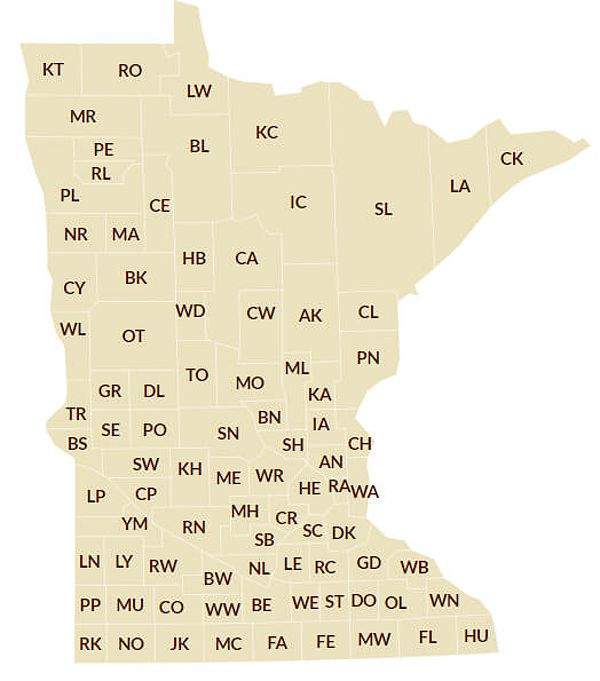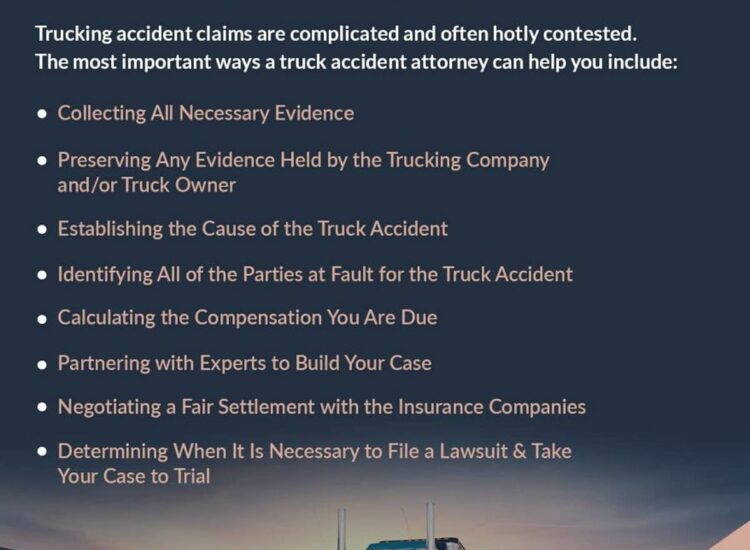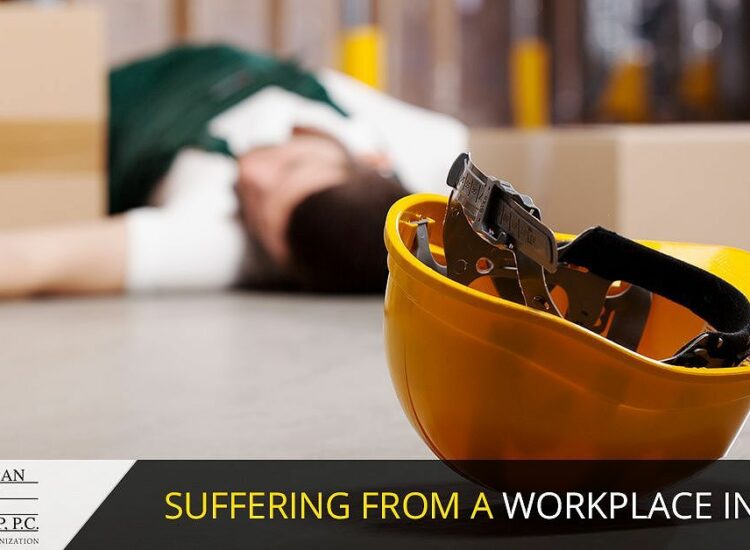When it comes to securing the best criminal law representation, the quality of information and resources available can greatly influence the outcomes of legal proceedings. This article delves into the complex realm of criminal law, offering insights into how to find top-tier legal resources, understand critical educational pathways, and access valuable information for both professionals and students alike.
Toc
- 1. Understanding the Landscape of Criminal Law Excellence
- 2. The Importance of Criminal Law Resources
- 3. Navigating the Minnesota Criminal Justice System
- 4. Finding the Best Criminal Defense Lawyers in Minnesota
- 4.1. Importance of Experience and Specialization in Criminal Law
- 4.2. How to Research and Vet Potential Attorneys
- 4.3. Asking the Right Questions During Consultations
- 4.4. Acknowledging Counterarguments
- 4.5. Tips for Building a Strong Attorney-Client Relationship
- 4.6. Resources for Finding Lawyers in Minnesota
- 5. Utilizing Online Resources for Criminal Law Information
- 6. Understanding Minnesota’s Specific Criminal Laws
- 7. Recent Developments in Minnesota Criminal Law
- 8. Accessing Legal Aid and Support Services in Minnesota
- 9. Related articles 02:
- 10. Exploring Advanced Resources for Criminal Law Professionals
- 11. Additional Information
- 12. Conclusion: Your Journey in Criminal Law
- 13. Related articles 01:
Understanding the Landscape of Criminal Law Excellence
Criminal law is a multifaceted and dynamic field that requires exceptional knowledge, skills, and strategic thinking. To pursue the best criminal law resources, individuals must adopt a comprehensive approach that includes academic excellence, practical experience, and ongoing learning.
The Importance of Criminal Law Resources
Facing criminal charges can be one of the most overwhelming experiences in a person’s life. It is crucial to access reliable resources to navigate the legal system effectively. In Minnesota, the criminal justice system is intricate, with various stages and processes that individuals must grasp to safeguard their rights and secure favorable outcomes.
Understanding the fundamentals of the Minnesota criminal justice system is vital for anyone confronted with criminal charges. This knowledge demystifies the legal process and empowers individuals to make informed decisions about their cases.
Stages of a Criminal Case in Minnesota
- Arrest: The legal journey begins with an arrest, which occurs when law enforcement officers have probable cause to detain an individual suspected of a crime.
- Charges: After the arrest, the prosecutor evaluates the evidence and decides whether to file formal charges.
- Arraignment: The accused appears in court to hear the charges and enter a plea, which can be guilty, not guilty, or no contest.
- Trial: If the case proceeds to trial, both the prosecution and defense present their evidence and arguments, culminating in a decision by a judge or jury.
- Sentencing: If found guilty, the individual faces sentencing, which may include fines, probation, or imprisonment.
Common Types of Criminal Offenses in Minnesota
Understanding the types of criminal offenses can help individuals prepare for their cases:
- DUI (Driving Under the Influence): Minnesota imposes stringent laws regarding DUI offenses, with severe penalties for convictions.
- Drug Charges: The state takes possession, distribution, and manufacturing of controlled substances seriously, with varying degrees of punishment based on the specifics of the case.
- Assault: Assault charges can range from minor misdemeanors to serious felonies, depending on the circumstances and severity of the offense.
- Theft: Theft offenses also vary in severity, from petty theft to grand theft, dictated by the value of the stolen property.
Rights of the Accused in Minnesota
Individuals facing criminal charges in Minnesota have specific rights designed to protect them throughout the legal process:
- Right to an Attorney: Every individual has the right to legal representation. If unable to afford an attorney, they may qualify for a public defender.
- Right to Remain Silent: Accused individuals have the right to remain silent to avoid self-incrimination. Exercising this right until legal counsel is present is crucial.
- Right to a Fair Trial: The legal system guarantees a fair trial, which includes an impartial jury and the opportunity to present a defense.
Understanding Potential Penalties and Consequences
The consequences of a criminal conviction in Minnesota can be severe, impacting employment, housing, and personal relationships. It is crucial for anyone navigating the criminal justice system to comprehend these potential penalties.
Finding the Best Criminal Defense Lawyers in Minnesota
When confronted with criminal charges, securing qualified legal representation is vital. A skilled criminal defense attorney can significantly influence the outcome of a case.
Importance of Experience and Specialization in Criminal Law
The skill and experience levels of criminal defense attorneys vary significantly, impacting case outcomes. When searching for the best criminal law representation, consider the following factors:
- Experience: Seek attorneys with extensive experience in criminal law, particularly in cases akin to yours. Experience in specific types of criminal cases—such as drug trafficking, white-collar crime, or domestic violence—can notably affect outcomes.
- Specialization: An attorney who specializes in criminal defense will possess a deeper understanding of the intricacies of the law and the local court system. Board certification in criminal law, if applicable in Minnesota, serves as a valuable indicator of expertise.
How to Research and Vet Potential Attorneys
Finding the right attorney necessitates thorough research. Here are some steps to consider:
Online Research
- Check online reviews and testimonials to gauge the experiences of past clients. Websites like Avvo or FindLaw provide valuable insights and ratings for attorneys.
Bar Association Verification
- Visit the State Bar of Minnesota website to verify the attorney’s credentials and check for any disciplinary history.
Client Consultations
- Schedule consultations with potential attorneys to discuss your case. This allows you to assess their communication style and approach to legal strategy.
Asking the Right Questions During Consultations
During initial consultations, asking specific questions can help determine if the attorney is the right fit for your case:
- What is your experience with cases similar to mine?
- How do you approach case strategy and defense?
- What are your fees, and how do you handle payment plans?
Acknowledging Counterarguments
While experience is undoubtedly important, newer attorneys may offer lower fees and a fresh perspective. It is essential to weigh the advantages of experience against the potential benefits of a more innovative approach.
Tips for Building a Strong Attorney-Client Relationship
Establishing a solid relationship with your attorney is crucial for effective representation. Consider these tips:
- Open Communication: Maintain open lines of communication with your attorney, providing them with all necessary information about your case.
- Trust Their Expertise: Rely on your attorney’s expertise and experience to guide you through the legal process.
- Stay Informed: Stay engaged and informed about your case, asking questions when needed.
Resources for Finding Lawyers in Minnesota
Several resources can assist in locating qualified criminal defense attorneys in Minnesota:
- State Bar of Minnesota Website: This site offers a lawyer referral service to connect individuals with attorneys based on their specific needs.
- Online Legal Directories: Websites such as Avvo and FindLaw provide listings of attorneys, along with client reviews and ratings.
Utilizing Online Resources for Criminal Law Information
The internet offers a wealth of information regarding criminal law, but it is essential to approach online resources with caution.
Cautionary Note About the Reliability of Online Information
While many websites provide valuable insights, not all information is accurate or up-to-date. Even seemingly reputable websites may contain outdated or biased information. It is crucial to verify the credibility of online sources before relying on them for legal advice.
Reputable Websites Offering Legal Information
Some reliable online resources for criminal law information include:
- Government Websites: Official state and local government websites provide accurate legal information and resources.
- Legal Aid Organizations: Nonprofit organizations often offer free or low-cost legal assistance and information.
Using Online Forums and Communities Responsibly
Online forums and communities, such as Reddit, can provide insights and support, but they should not replace professional legal advice. Engaging in discussions can help individuals learn from others’ experiences, but it’s essential to consult with an attorney for personalized guidance.
Understanding Minnesota’s Specific Criminal Laws
Familiarizing oneself with Minnesota’s specific criminal laws is crucial for anyone facing charges in the state.
Minnesota DUI Laws and Penalties

Minnesota has stringent DUI laws, with penalties that can include:
- Fines and surcharges
- License suspension or revocation
- Mandatory alcohol education programs
- Jail time for repeat offenders
A high Blood Alcohol Content (BAC) level can significantly impact sentencing, often leading to harsher penalties. Additionally, the increasing use of ignition interlock devices as a condition of probation or license reinstatement underscores the severity of DUI penalties in Minnesota.
Minnesota Drug Possession Laws and Penalties
Drug possession laws in Minnesota categorize offenses based on the type and amount of the substance involved. Penalties can range from fines and probation to substantial prison time for serious offenses.
Minnesota Assault and Battery Laws and Penalties
Assault charges can vary widely in Minnesota, with different degrees of assault carrying different penalties. Understanding these laws is essential for anyone facing such charges.
Minnesota Theft Laws and Penalties
Theft laws in Minnesota distinguish between petty theft (typically involving property valued under a certain amount) and grand theft (involving more valuable items). Penalties can vary significantly based on the severity of the offense.
Links to Relevant Minnesota Statutes and Legal Codes
For individuals seeking more detailed information, accessing Minnesota’s legal codes can provide clarity on specific laws and penalties. The Minnesota Legislative website offers access to statutes and regulations governing criminal offenses.
Recent Developments in Minnesota Criminal Law
Staying informed about recent changes in criminal law is crucial for anyone involved in the legal system. Recent developments in Minnesota’s sentencing guidelines, such as changes made in 2021 to address disparities in sentencing for similar offenses, reflect the ongoing evolution of the legal landscape. Furthermore, the increasing use of technology in criminal investigations, such as body cameras and DNA analysis, has profound implications for defense strategies, highlighting the need for attorneys to adapt to these advancements.
Accessing Legal Aid and Support Services in Minnesota
For individuals who cannot afford legal representation, several resources are available to help navigate the criminal justice system.
1. https://law.tik.black/best-workers-comp-lawyer/
2. https://law.tik.black/las-vegas-injury-law-firm/
3. https://law.tik.black/best-accident-lawyer/
4. https://law.tik.black/best-personal-injury-lawyer-houston/
5. https://law.tik.black/personal-injury-law-firm-jacksonville/
Legal Aid Organizations in Minnesota
Minnesota has various legal aid organizations that offer assistance to low-income individuals facing criminal charges. These organizations can provide guidance, representation, and access to resources.
Public Defender Programs in Minnesota
Individuals charged with a crime have the right to legal representation. If they cannot afford an attorney, they may qualify for a public defender. Public defenders are trained professionals who can provide quality legal representation.
Eligibility Requirements for Legal Aid Services
Eligibility for legal aid services typically depends on income level and the nature of the legal issue. Many organizations have specific criteria that individuals must meet to qualify for assistance.
How to Apply for Legal Aid
Applying for legal aid usually involves filling out an application form and providing documentation of income and legal needs. Individuals can often find application forms on the websites of legal aid organizations.
Exploring Advanced Resources for Criminal Law Professionals
For legal professionals seeking to deepen their knowledge of Minnesota criminal law, several advanced resources are available.
Continuing Legal Education (CLE) Opportunities
Many organizations offer CLE programs focused on criminal law, allowing attorneys to stay current with legal developments and enhance their skills.
Relevant Legal Journals and Publications
Subscribing to legal journals and publications can provide valuable insights into emerging trends and case law in criminal law.
Professional Organizations for Criminal Defense Attorneys
Joining professional organizations, such as the Minnesota Association of Criminal Defense Lawyers, can provide networking opportunities, resources, and support for criminal defense attorneys.
Access to Legal Databases and Research Tools
Legal professionals can benefit from access to legal databases, such as Westlaw or LexisNexis, which offer comprehensive resources for legal research and case law analysis.
Additional Information
For those seeking further resources in criminal law, the website law.tik.black offers additional insights and tools tailored specifically for individuals navigating the legal landscape in Minnesota. This platform can be a valuable adjunct to the resources outlined in this guide, providing easy access to legal updates, articles, and support tailored to the needs of Minnesota residents.
Conclusion: Your Journey in Criminal Law
Pursuing excellence in criminal law requires dedication, continuous learning, and a multifaceted approach. Whether you’re a student, aspiring lawyer, or seasoned professional, the best criminal law resources are those that combine theoretical knowledge, practical skills, and a commitment to justice.
The landscape of criminal law is continually evolving, driven by changes in legislation, technology, and societal attitudes. Stay curious, remain adaptable, and never stop learning. By leveraging the resources and strategies outlined in this guide, you can navigate the complexities of criminal law with confidence and clarity.
1. https://law.tik.black/las-vegas-injury-law-firm/
2. https://law.tik.black/best-accident-lawyer/
3. https://law.tik.black/best-personal-injury-lawyer-houston/













